Conclusion
Opsoclonus myoclonus syndrome (OMS) is a very rare neurological condition that generally begins at one to two years of age and is characterized by uncontrolled, irregular and rapid movements of the muscles and eyes 1.
Vaccines currently routinely recommended to the general population in the U.S.* have not been shown to cause OMS.
Epidemiological Evidence
The 2012 report by the Institute of Medicine (IOM), now called the National Academy of Medicine (NAM), found no relevant studies of quality in the literature assessing OMS and measles, mumps, rubella, diphtheria, tetanus or pertussis vaccines 2. No relevant studies of quality have been published since this report.
Proposed Biological Mechanism
OMS is generally caused by either a tumor or a viral infection 1,3-5. Potential mechanisms for OMS include activation of the complement system, in which a cascade of proteolysis and successive release of cytokines functions to amplify the immune response but can damage host cells if not properly regulated, as well as molecular mimicry, which refers to the possibility that similar epitopes shared between self-peptides and foreign peptides (introduced via infection or immunization) inadvertently cause the activation of autoreactive T or B cells, leading to autoimmunity.
The IOM concluded that there was no mechanistic evidence for an association between OMS and measles, mumps, rubella, diphtheria, tetanus or pertussis vaccines, as the publications reviewed provided no evidence beyond a temporal association 2.
* These conclusions do not necessarily consider vaccines recommended only for special populations in the United States such as Yellow Fever vaccine (international travelers) or Smallpox vaccine (military personnel), or vaccines no longer recommended to the public such as the Janssen (J&J) COVID-19 vaccine.
References
1. Institute of Medicine. In: Stratton K, Ford A, Rusch E, Clayton EW, eds. Adverse Effects of Vaccines: Evidence and Causality. Washington (DC): National Academies Press (US); 2012.
2. Gorman MP. Update on diagnosis, treatment, and prognosis in opsoclonus-myoclonus-ataxia syndrome. Curr Opin Pediatr 2010; 22(6): 745-50.
3. Hero B, Schleiermacher G. Update on pediatric opsoclonus myoclonus syndrome. Neuropediatrics 2013; 44(6): 324-9.
4. Pike M. Opsoclonus-myoclonus syndrome. Handbook of clinical neurology 2013; 112: 1209-11.
5. Pranzatelli MR, Tate ED. Trends and tenets in relapsing and progressive opsoclonus-myoclonus syndrome. Brain & development 2016; 38(5): 439-48.

